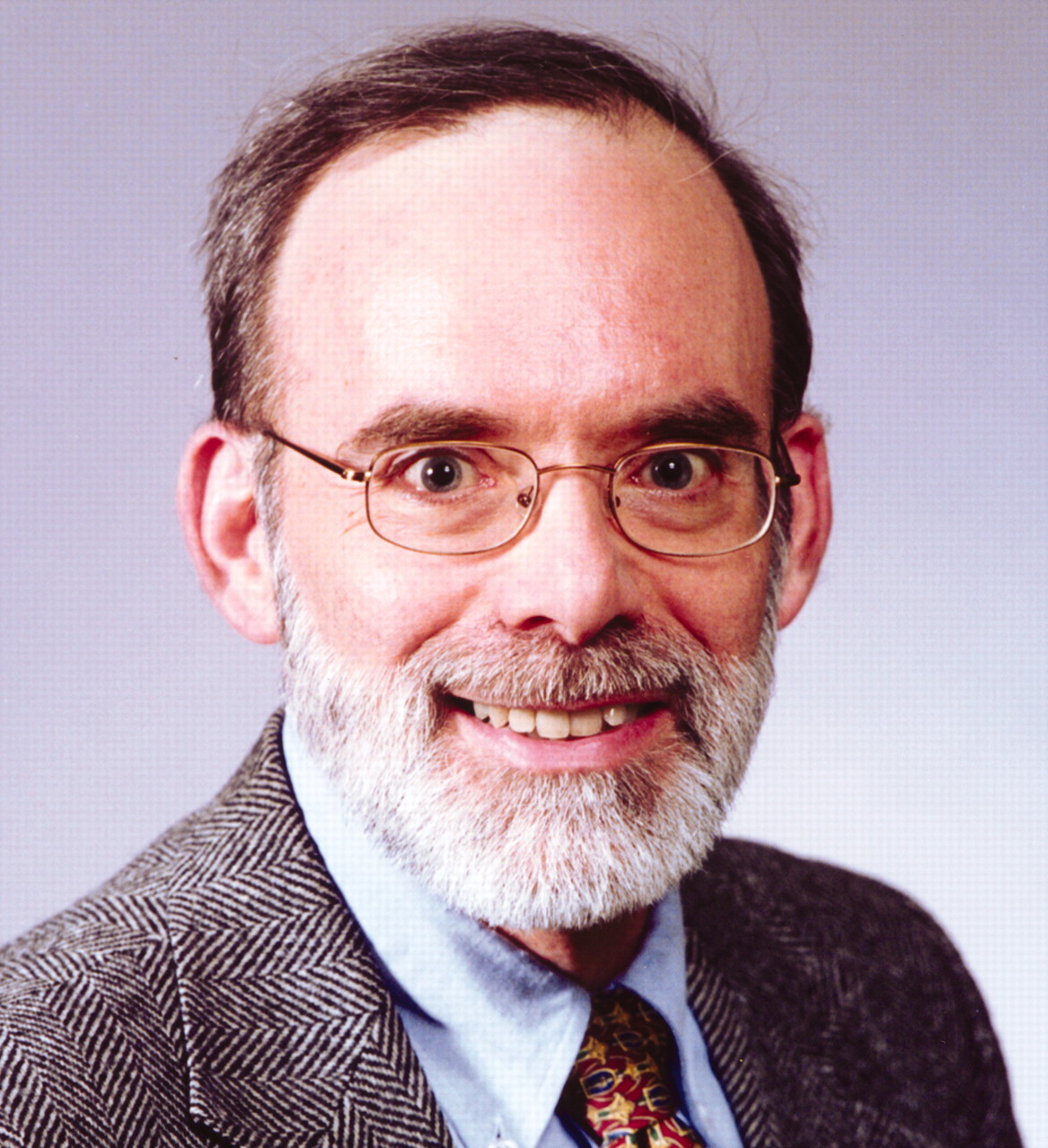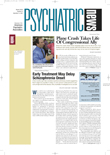In our busy lives, both professional and personal, the temptation is strong to move on to the next item on the agenda, without thinking a great deal about the past. Among the unfortunate consequences of this tendency—which I certainly share—are a failure to recognize when real progress has been made, and an even more regrettable failure to say thank you to those who have been responsible for that progress.
At the end of this calendar year, an important change will take place in the management of APA. Our current medical director, Steve Mirin, M.D., will be stepping down after five and a half years of service, with his newly selected successor, Jay Scully, M.D., moving in to fill the role. It seems to me, therefore, that there is no better time to reflect on APA’s accomplishments during Steve Mirin’s tenure and to thank him for the many contributions he has made to the success of APA.
When Dr. Mirin assumed office five and a half years ago, he had big shoes to fill. Melvin Sabshin, M.D., APA’s longest-serving medical director, had just retired. For many APA members and staff, Mel Sabshin was the only medical director they had known. It was hard for them even to envision a different person in the corner office with a different way of doing things. But Steve Mirin arrived with strong professional and administrative credentials of his own. A recognized expert on substance abuse, Dr. Mirin came to APA from the leadership of McLean Hospital in Massachusetts, a historic center of psychiatric treatment and research, and a major Harvard teaching facility.
There is no question about the benefits that his administrative skills brought to APA. Soon after becoming medical director, Dr. Mirin created the framework for a planning process that led to the articulation of APA’s current strategic goals. Since advocacy for our patients and our profession were identified as our two most important activities, the next step was to restructure APA to facilitate these advocacy efforts. A complex corporate reorganization was initiated, converting APA into a 501(c)6 entity that could devote a much greater proportion of its resources to lobbying and other advocacy activities and could make funds available for similar work by our district branches and state associations.
Simultaneously, at Dr. Mirin’s urging, APA created the American Psychiatric Institute for Research and Education (APIRE). The new institute is the locus for APA-related research activities (the portfolio of external funding now exceeds $4 million), focused on epidemiology, nosology, and mental health services research. Increasingly, APIRE is the home of our educational efforts as well, including fellowship programs for psychiatry residents that have grown from 80 to more than 140 slots over the last five years. Steve Mirin was the first chair of the APIRE board, and with changes in APA senior management found himself temporarily assuming day-to-day operational responsibility as well. During this period, he exercised his grant-writing skills, resulting in successful renewals of our Program for Minority Research Training in Psychiatry grant and an NIMH grant supporting our annual Colloquium for Junior Investigators.
Another APA subsidiary involved in the reorganization was the American Psychiatric Press Inc. (APPI). Under Dr. Mirin’s supervision, APA’s own publishing activities were merged with those of APPI, creating the new American Psychiatric Publishing Inc., the largest publisher of psychiatric books and journals in the world. Of course, the best-known of the products distributed by APPI is APA’s Diagnostic and Statistical Manual of Mental Disorders (DSM), now in its fourth edition. Working in partnership with NIMH, as well as NIDA, NIAAA, WPA, and WHO, Steve Mirin has helped to get the planning process off the ground for DSM-V—expected sometime near the end of this decade. This effort is designed to maintain and enhance the scientific credibility of DSM as the standard for diagnosis in our field and to move toward the day when there is a single worldwide classification for mental disorders that reflects the most recent advances in our knowledge.
In the advocacy arena, Steve Mirin has participated in the fight for parity of insurance coverage, efforts to maintain the privacy of medical records, patients’ rights legislation that would limit the depredations of managed care, federal support for research and graduate medical education, and other issues. The APA efforts that he led, in collaboration with a host of strategic allies, were important in doubling the NIH budget over the last five years. With his guidance, APA’s advocacy efforts were also turned toward the business community, most recently with the creation of the National Partnership for Workplace Mental Health
And when the terrorist attacks of September 11, 2001, occurred, Steve helped to organize APA’s public education efforts, including building our Web site into one of the most frequently used sources of information on the impact of terrorism and disasters.
One of the most important functions of the medical director, of course, is to oversee the functioning of our central office. In the last five years, significant improvements have been made in our ability to carry out budgeting, financial planning, and financial management. Dr. Mirin reorganized APA’s management of its endowment, bringing in professional managers and diversifying our portfolio. We seem finally to be on the right track with regard to implementing a modern information management system, which should unravel many of the complexities that have crept into membership processing, billing, and other areas. With APA’s lease expiring for half of our space in the current APA headquarters, Steve Mirin found the site in Rosslyn to which we will soon move, at a savings of roughly $800,000 a year.
As Steve would be the first to say, no medical director accomplishes anything on his own. Many members of the APA staff (including the excellent senior staff, most of whom he recruited) and APA’s member leaders contributed to these accomplishments. But we ought not to minimize Steve Mirin’s role either.
With Steve Mirin preparing to leave the medical director’s office at the end of next month, now is the time for us to express our appreciation for his stewardship over the last five years. Thank you, Steve, and best of luck as the next phase of your life unfolds. ▪

